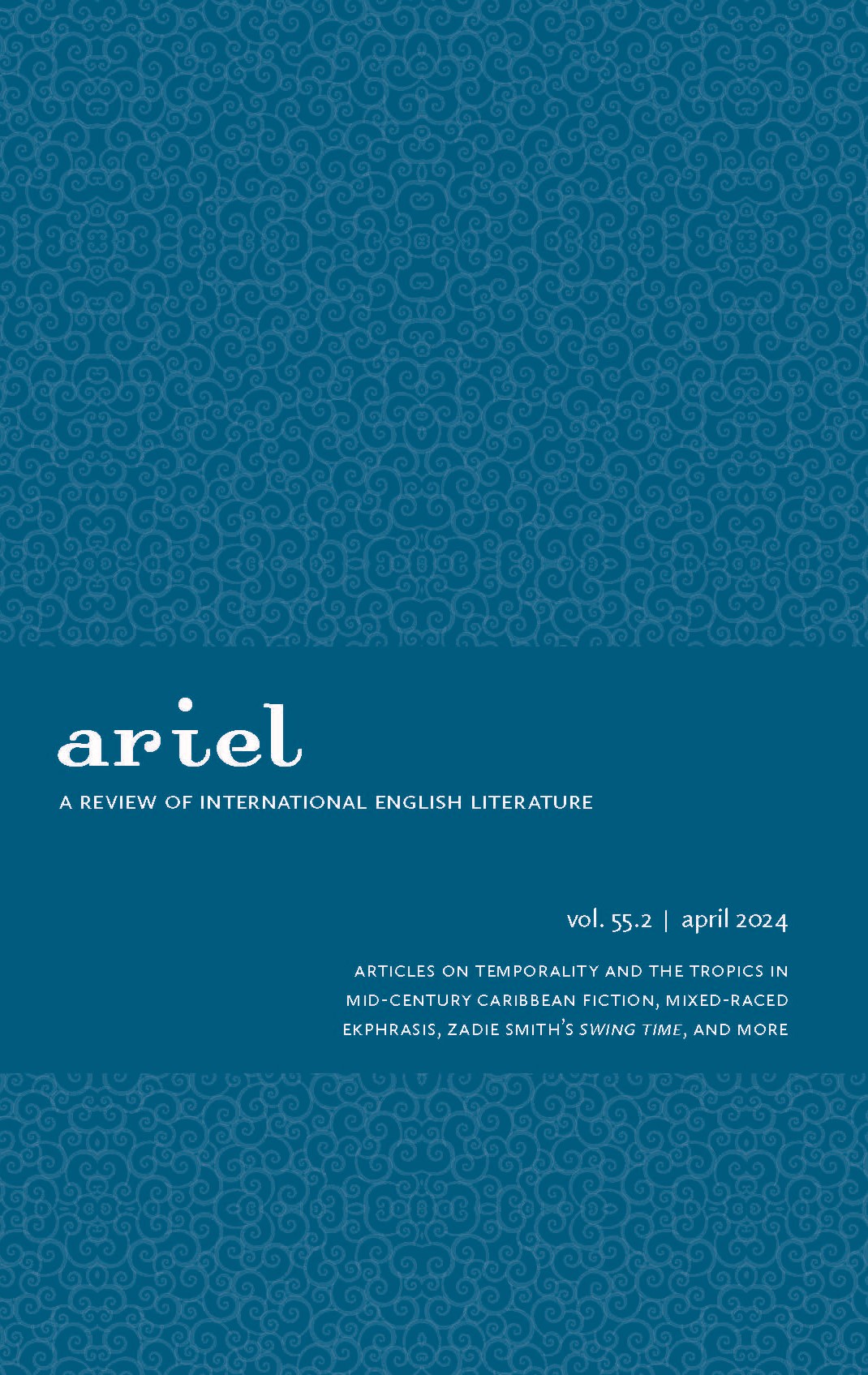Camptown Dwelling: Environment and Survival in Memories of My Ghost Brother
Keywords:
US military, environmental justice, Korea, neocolonialism, ecocriticismAbstract
The representation of environmental injustice in Heinz Insu Fenkl’s novel Memories of My Ghost Brother has yet to be examined. This overlook suggests a need to open up the dialogue between Fenkl’s work, which is relatively invisible beyond Asian American and Postcolonial studies, and ecocriticism. Memories of My Ghost Brother shows that the camptown’s impoverished, noxious, and dangerous conditions and pervasive disease are socially engineered as a consequence of the US-ROK neocolonial system that on one hand disregards camptowns’ infrastructural developments and on the other hand allows the US military to wreak environmental damage with impunity. Specifically, the novel portrays pervasive dust, flooding sewage, and the noise from and the dangerous live ammunition left by US military activities in camptowns. Without reducing camptown residents to mere victims, the novel also depicts survival strategies adopted by camptown residents. The novel further situates the camptown within the long-going environmental atrocities committed by the US military across Asia. Memories’ depictions of the dire situation in camptowns and the toxic legacies from the atomic bomb and Agent Orange deal a fatal blow to the narrative of American benevolence.


